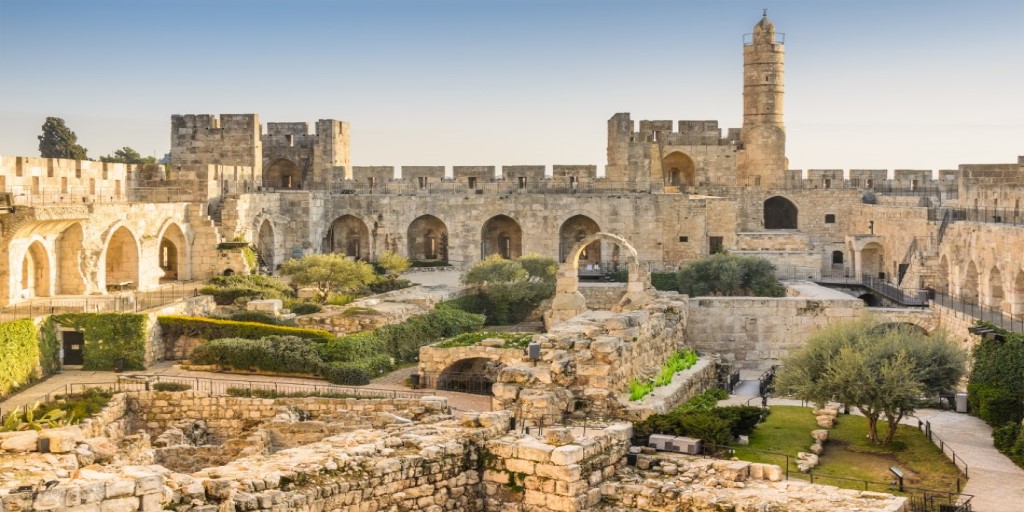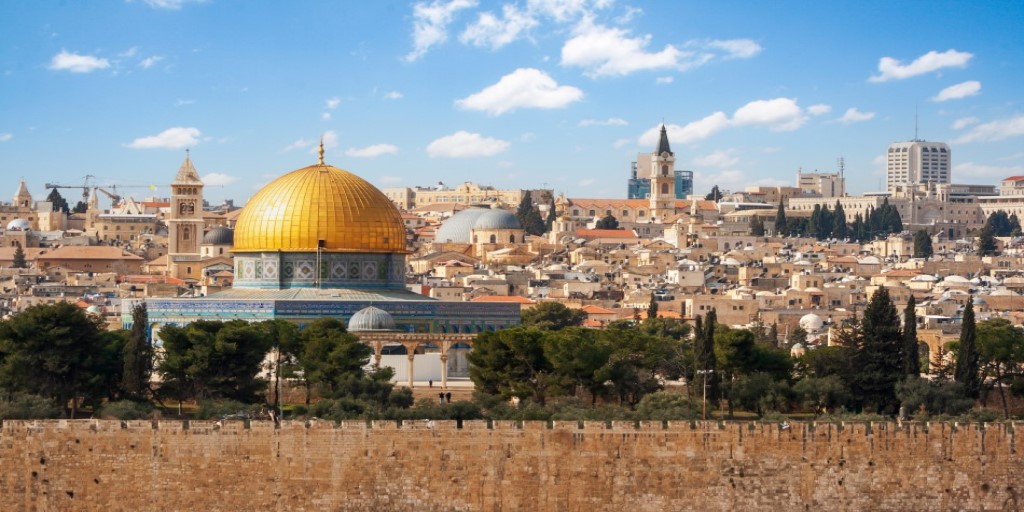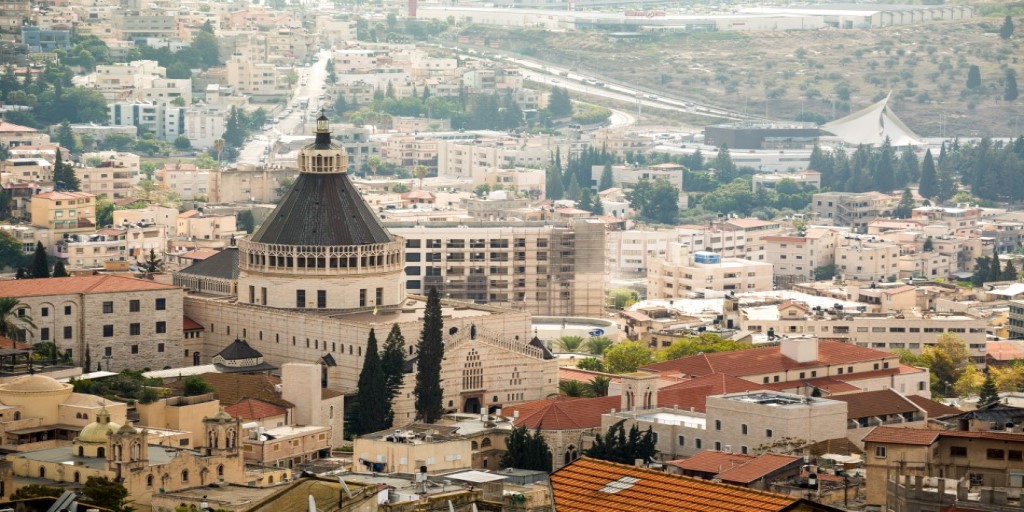The Best Time to Visit Israel: A Seasonal Guide
Israel, a land revered for its religious significance, historical landmarks, and diverse landscapes, is a fascinating destination that offers something for every type of traveler. From the ancient streets of Jerusalem to the vibrant beaches of Tel Aviv and the serene waters of the Dead Sea, Israel’s attractions are as varied as they are captivating. But when is the best time to visit this Middle Eastern jewel? In this guide, we’ll explore the seasonal highlights of Israel to help you plan your ideal trip.
Spring (March to May)
Spring is arguably the best time to visit Israel, as the weather is mild and comfortable, with temperatures ranging from 15°C to 25°C. The country bursts into bloom, with wildflowers carpeting the landscapes and turning the countryside into a riot of colors.

Jerusalem: Springtime in Jerusalem is magical. The city’s iconic landmarks, such as the Western Wall, Dome of the Rock, and Church of the Holy Sepulchre, are bathed in soft sunlight, creating a serene and spiritual atmosphere. The moderate temperatures make it perfect for exploring the Old City’s narrow alleys, ancient churches, and bustling markets.
Galilee Region: Spring is a great time to visit the Galilee region, known for its picturesque landscapes, historic sites, and tranquil villages. Whether you’re interested in hiking the Jesus Trail, exploring ancient synagogues, or cruising on the Sea of Galilee, the mild weather makes outdoor activities enjoyable. Israel Tour Packages
Negev Desert: The Negev Desert blooms in spring, transforming into a colorful tapestry of wildflowers. It’s the perfect time for camel treks, jeep tours, and stargazing under the clear desert skies.
Summer (June to August)
Summer in Israel can be hot and humid, with temperatures often exceeding 30°C, especially in the coastal and desert regions. While the heat may be intense, it also offers unique opportunities for beach vacations, water sports, and outdoor festivals.
Tel Aviv: The coastal city of Tel Aviv comes alive in summer. With its beautiful beaches, vibrant nightlife, and cultural events, it’s the perfect destination for sun-seekers and party-goers alike. Don’t miss the annual Tel Aviv Pride Parade in June, one of the largest LGBTQ+ events in the Middle East.
Dead Sea: Summer is a popular time to visit the Dead Sea, the lowest point on Earth. Despite the scorching temperatures, the high salinity of the water and mineral-rich mud make it a unique and therapeutic experience. Just remember to stay hydrated and protect your skin from the intense sun.
Eilat: Located at the southern tip of Israel, Eilat offers year-round sunshine and warm temperatures, making it a popular summer destination. With its coral reefs, underwater observatory, and water sports activities like snorkeling and diving, it’s the perfect place to cool off and escape the heat.

Autumn (September to November)
Autumn is another excellent time to visit Israel, as the weather begins to cool down, and the landscapes transition from summer’s golden hues to winter’s greenery. Temperatures range from 15°C to 28°C, making it ideal for outdoor activities and cultural exploration.
Jerusalem International Film Festival: Held annually in September, the Jerusalem International Film Festival showcases a diverse selection of local and international films, attracting filmmakers, actors, and cinephiles from around the world.
Haifa: Autumn is a great time to visit Haifa, Israel’s third-largest city, known for its beautiful gardens, vibrant street art scene, and the annual Haifa International Film Festival in October. Don’t miss the breathtaking views from the Bahá’í Gardens, a UNESCO World Heritage site.
Golan Heights: Autumn is harvest season in the Golan Heights, making it the perfect time to visit local wineries, orchards, and olive oil presses. The region’s stunning landscapes, hiking trails, and historical sites, such as the ancient city of Gamla and Nimrod Fortress, are also worth exploring.
Winter (December to February)
Winter in Israel is relatively mild, with temperatures ranging from 10°C to 20°C in most parts of the country. While it may not be the best time for beach vacations, winter offers unique experiences for travelers seeking cultural immersion and outdoor adventures.
Jerusalem: Winter evenings in Jerusalem are crisp and clear, making it an ideal time to explore the city’s historic neighborhoods, visit museums and art galleries, and sample delicious Israeli cuisine at local restaurants and cafes.
Skiing in Mount Hermon: Located in the far north of Israel, Mount Hermon offers skiing and snowboarding opportunities during the winter months. With its snow-covered slopes, stunning views, and family-friendly amenities, it’s a great destination for winter sports enthusiasts.
Timna Park: Winter is a great time to visit Timna Park, located in the Negev Desert. The cooler temperatures make hiking, cycling, and exploring the park’s unique rock formations, ancient copper mines, and King Solomon’s Pillars more enjoyable.

In conclusion, the best time to visit Israel largely depends on your interests and preferences. Whether you’re seeking religious and historical experiences, outdoor adventures, cultural festivals, or simply looking to relax and unwind, Israel offers something for everyone year-round. So, start planning your Israeli adventure today and discover the beauty and diversity of this captivating country!